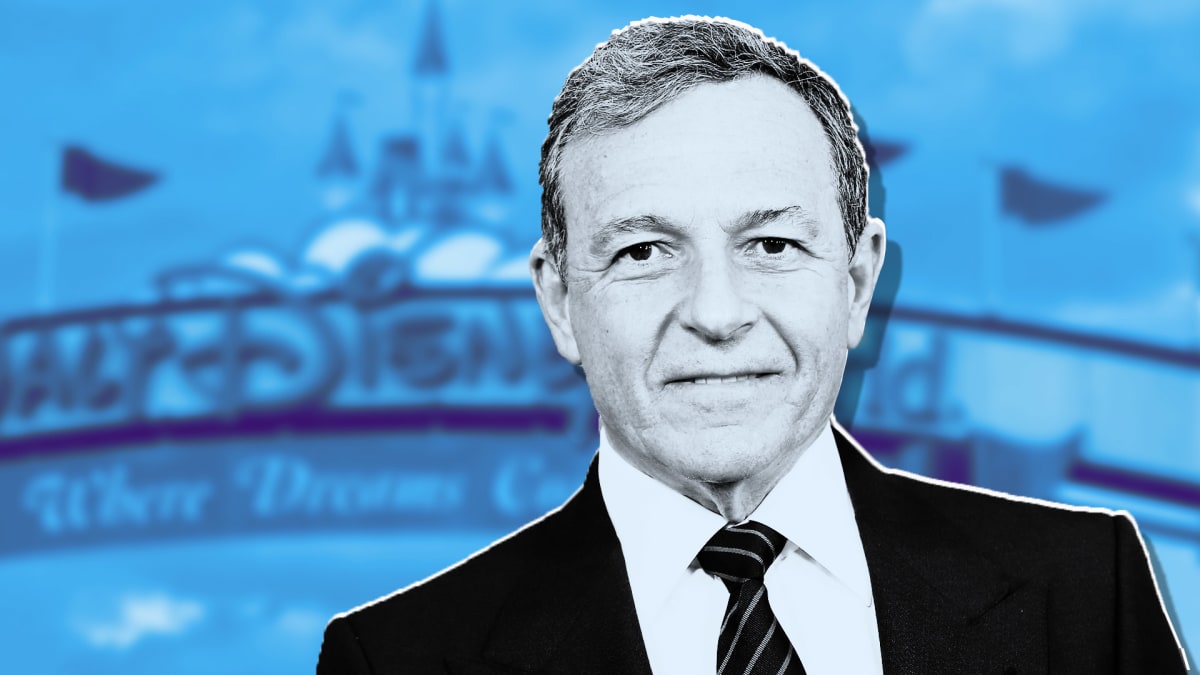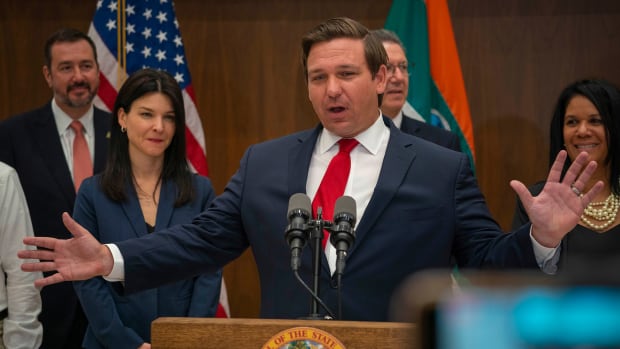
Walt Disney CEO Bob Iger does not want to play Florida Gov. Ron DeSantis' game or abide by his narrative. The Mouse House boss isn't looking for a fight, but he's also not walking away from one.
Iger has made it very clear that his company was never looking to take on the governor, even when it objected to legislation that many of its employees found deplorable. DeSantis, however, has used Walt Disney's (DIS) public opposition to his so-called "don't say gay" legislation, an objection raised by Iger's predecessor Bob Chapek, as a way to make the company a foil in his "war on woke" marketing campaign.
DON'T MISS: Disney World Should Admit Failure and Bring Back FastPass+
Disney's current CEO tried to make it clear to DeSantis that his company wasn't going to be a pawn in a game of political posturing during its second-quarter earnings call. He tried to make it very clear that Disney wasn't looking for a handout or to get around regulation, but that it was looking to continue operating in the way that it has.
Iger made his positions clear and ended his remarks with what could clearly be taken as a threat.

Iger Believes DeSantis Is Retaliating
Iger spoke at length about the company's situation in Florida where it operates four theme parks, two waterparks, numerous hotels, and the large Disney Springs shopping district.
"Regarding Florida, I have got a few things I want to say about that. First of all, I think the case that we filed last month made our position and the facts very clear and that is really that this is about one thing and one thing only and that is retaliating against us for taking a position about pending legislation. And we believe that in us taking that position we are merely exercising our right to free speech," he said.
The Disney CEO also shared that his company is not enjoying some sort of unique status in Florida.
"Also, this is not about special privileges or a level playing field or Disney in any way using its leverage around the state of Florida. But since there’s been a lot said about special districts and the arrangement that we have I want to set the record straight on that too. There are about 2,000 special districts in Florida. Most are established to foster investor development -- we were one of them," he said.
They were created, according to Iger, to make doing business in the state easier and Disney has done a lot of business in the state. The company has over 75,000 employees in the state and attracts "tens of millions of people" to Florida.
"So while it is easy to say that the Reedy Creek special district that was established for us over 50 years ago benefited us, it is misleading to not also consider how much Disney benefited the state of Florida," he said.
Iger also shared that the Daytona Speedway and The Villages retirement community both also have special districts.
"If the goal is leveling the playing field in the uniform application of the law or government oversight of special districts needs to occur or be applied to all special districts," he added.
Iger Makes a Not-So-Subtle Threat
Disney World isn't leaving Florida, but it does have the option of investing more or less in its operations in the state. That's leverage Iger was very willing to point out to DeSantis.
"We have a huge opportunity to continue to invest in Florida. I noted that our plans are to invest $17 billion over the next 10 years, which is what the state should want us to do," he shared.
Iger also noted that Disney was not looking for tax breaks or to not pay its fair share.
"There’s also a false narrative that we have been fighting to protect tax breaks as part of this. But in fact we are the largest taxpayer in Central Florida paying over $1.1 billion in state and local taxes last year alone. We pay more taxes specifically more real estate taxes as a result of that special district," he added.
Finally, in what seemed like Iger making a plea for rational action, rather than political theater, the CEO laid his cards fully on the table.
"We operate responsibly. We pay our fair share of taxes. We employ thousands of people and by the way, we pay them above the minimum wage substantially above the minimum wage dictated by the state of Florida. We also provide them with great benefits and free education, so I’m gonna finish what is obviously kind of a long answer by asking one question. Does the state want us to invest more, employ more people and pay more taxes or not?"







